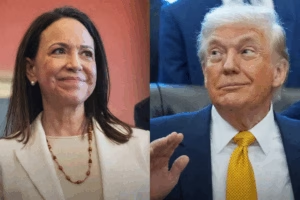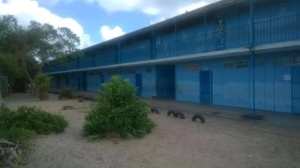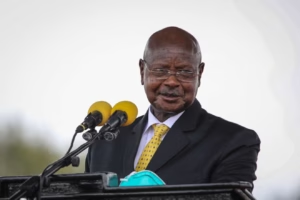Amidst rising concern among thousands connected to private tertiary institutions under the umbrella of the beleaguered Education Investment Corporation Limited (Educor), a recent move by the Department of Higher Education, Science and Technology to strike these institutions from its register has sparked widespread discussion. The South African Qualifications Authority (SAQA), however, has offered reassurance regarding the validity of qualifications previously obtained from these entities.
On a recent Tuesday, Minister of Higher Education, Science and Technology, Prof Blade Nzimande, shared insights into the decision to revoke the registration of certain Educor affiliates, citing an overwhelming number of grievances from both students and faculty as the impetus for this action.
Prof Nzimande pinpointed the root of the problem as the institutions’ failure to present audited financials as mandated by legislation.
“Over the last few days, the department has been receiving a flood of media queries on our decision to cancel the registration of four Educor institutions, namely, City Varsity, Damelin, City Campus, and Lyceum Colleges. I must say, by the way, that this is an unfortunate situation, as some of these institutions have such a long history in our education landscape. There are many people who have graduated from these institutions,”
Dr Nkosinathi Sishi, the Director-General of the department, formally announced the cancellation of registration through a government gazette notice issued the previous Friday, August 19.
The Minister elaborated on the substantial compliance issues that led to this decisive step, highlighting a series of systemic failures within the Educor brands that rendered them ineffective. Among these were the institutions’ inability to provide evidence of financial stability and numerous unresolved student complaints.
“If I am not mistaken, one of the complaints I remember receiving was that students were given marks based on exam scripts that were never marked because the lecturers were no longer at work, because they were not being paid. This is the worst sin that can be committed by an education institution – public or private. You just cannot lie and give student marks based on scripts that were never marked or as if there was an exam that was written,”
In response to concerns, Makhapa Makhafola of SAQA reassured affected students in an eNCA interview on Wednesday, emphasizing that graduates of these now-defunct institutions have their achievements securely recorded in the national learners’ database, thus safeguarding their qualifications’ recognition.
“The closing of an institution only applies when they are not supposed to operate or take any new students. Those who are in the pipeline, they are indeed on the national record database within SAQA which will be responsible to oversee.”
Makhafola also noted that the responsibility falls on Educor to ensure current students find alternative accredited institutions to continue and complete their education.
Further, Prof Nzimande highlighted long-standing issues raised by students at Educor campuses, ranging from the quality of education and administrative support to allegations of corruption and exploitation.
During a media briefing in Pretoria, Nzimande disclosed the failure of four notable Educor colleges—Damelin, City Varsity, Icesa City Campus, and Lyceum College—to meet the regulatory requirements for private higher learning institutes, underlining their inability to submit necessary financial documents and tax clearance certificates for 2021 and 2022 as evidence of financial health.
The institutions’ request for an extension to their appeal deadline, initially set for September 26 of the previous year and later extended to February 28, 2024, was also mentioned, casting a light on the ongoing compliance challenges faced by Educor.
Institutions Affected by De-registration
- City Varsity
- Damelin
- Damelin
- Lyceum College
Addressing the Aftermath: What Next for Educor and Its Students?
With the de-registration of these institutions, questions arise about the broader implications for South Africa’s private higher education landscape and what measures are in place to protect the interests of students and staff alike. How will this affect the credibility and future prospects of affected students? And what does this mean for the regulatory oversight of private education providers in the country?

















